Why Momentum and Progress Beat Perfection: Lessons from Real Startups
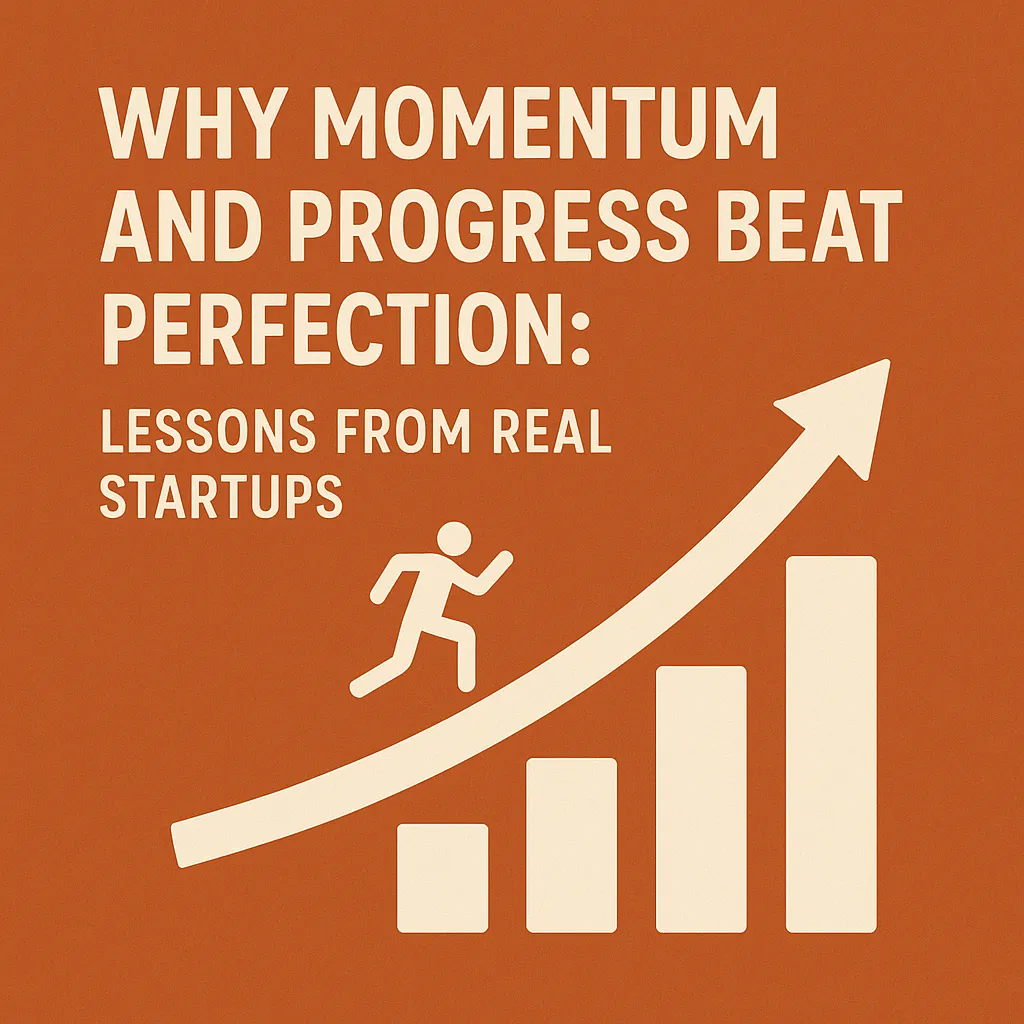
In the startup world, the pursuit of perfection is a seductive trap. Many of the most successful products and companies you know today were shaped by consistent progress, rapid iteration, and a relentless focus on doing over dreaming. Let’s explore why momentum wins, and how some of the world’s best-known startups have built their success through small steps — rather than big reveals.
Why Momentum Matters More Than Perfection
- Shipping fast leads to learning fast. By getting real products in front of users, teams quickly discover what actually works — versus what works in theory.
- Iterative progress compounds. Each small improvement unlocks feedback, confidence, and resilience. Tiny wins, repeated, create outsized impact over time.
- Waiting for “perfect” kills agility. The longer a product stays in the lab, the more it misses market opportunities and relevant user input.
Startups That Thrived on Action Over Perfection
1. Facebook: “Move Fast and Break Things”
In Facebook’s early days, Mark Zuckerberg championed the mantra of momentum above all else. The company prioritized releasing new features and products quickly — even if it meant risking bugs or making mistakes. This allowed Facebook to adapt swiftly, capture early market share, and establish a culture of learning through action.
2. Airbnb: Launch First, Iterate Always
Airbnb’s founders didn’t wait for the ideal platform. They launched with a basic website, offering air mattresses in their apartment to conference attendees. Feedback from real guests pushed them to rapidly improve the site and expand their offering. If they’d waited to perfect their concept, they might never have moved beyond their initial experiment.
3. Dropbox: Demo Before Delivery
Dropbox’s founder, Drew Houston, famously released a simple demo video before the product was complete. This demo gauged user interest and secured funding, allowing them to iterate on the product quickly with meaningful feedback instead of wasting time perfecting something in a vacuum.
4. Flipkart: From Humble Start to Market Leader
Flipkart, now India’s leading e-commerce platform, started in 2007 as a modest online bookstore. Founders Sachin and Binny Bansal didn’t wait to build the “perfect” marketplace. They focused on executing small shipments and scaled gradually based on customer response and demand, ultimately evolving into a retail giant.
5. Rapid Product Iteration at Startups
Modern startups often launch with a “minimum viable product” — just enough for users to interact and give feedback. Leaders urge shipping fast, gathering feedback, and improving in frequent cycles, which allows for innovation and aligns products closely with customer needs.
How Companies Build Cultures of Progress
- Celebrate small victories. Acknowledge each feature shipped, bug fixed, or lesson learned as fuel for momentum.
- Balance speed with quality. Encourage both the “momentum creator” — who drives projects forward — and the “perfectionist” — who maintains standards. Finding harmony between these forces is key for sustainable innovation.
- Encourage experimentation and risk. The best founders and teams aren’t afraid to release imperfect ideas, test, and pivot quickly based on user feedback.
Final Thoughts
Every admired company — large or small — started with humble beginnings, rough drafts, and an openness to learning in public. Perfectionism may appear admirable, but in reality, it’s momentum, humility, and a bias toward action that turn ideas into products with real impact. If you’re hesitating to release something or start building, remember the stories above: progress, not perfection, paves the road to success.
Your AI code Review Agent
Wall of Defense | Aligning business context with code | Never let bad code reach production
No Credit Card
No Strings Attached
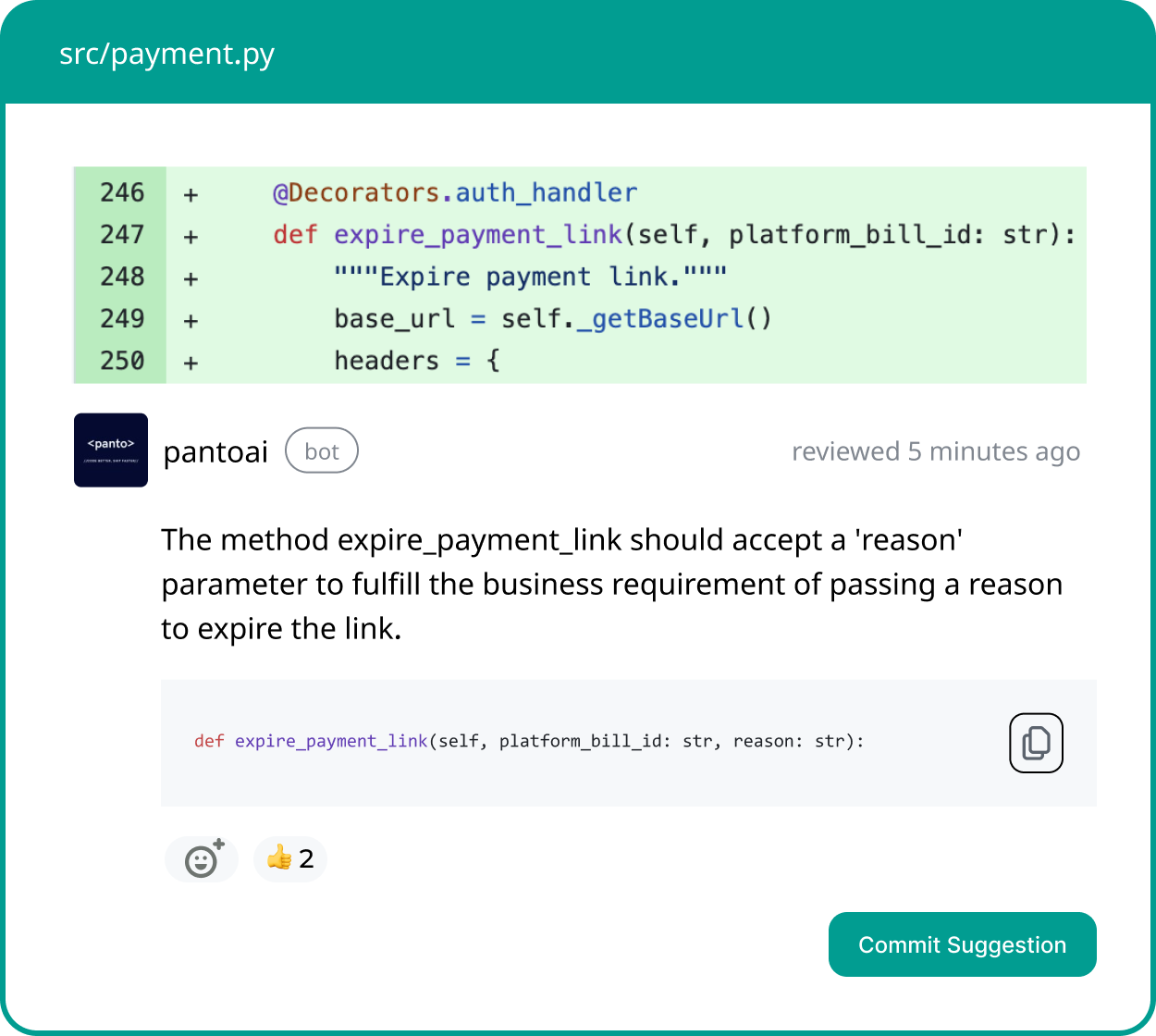
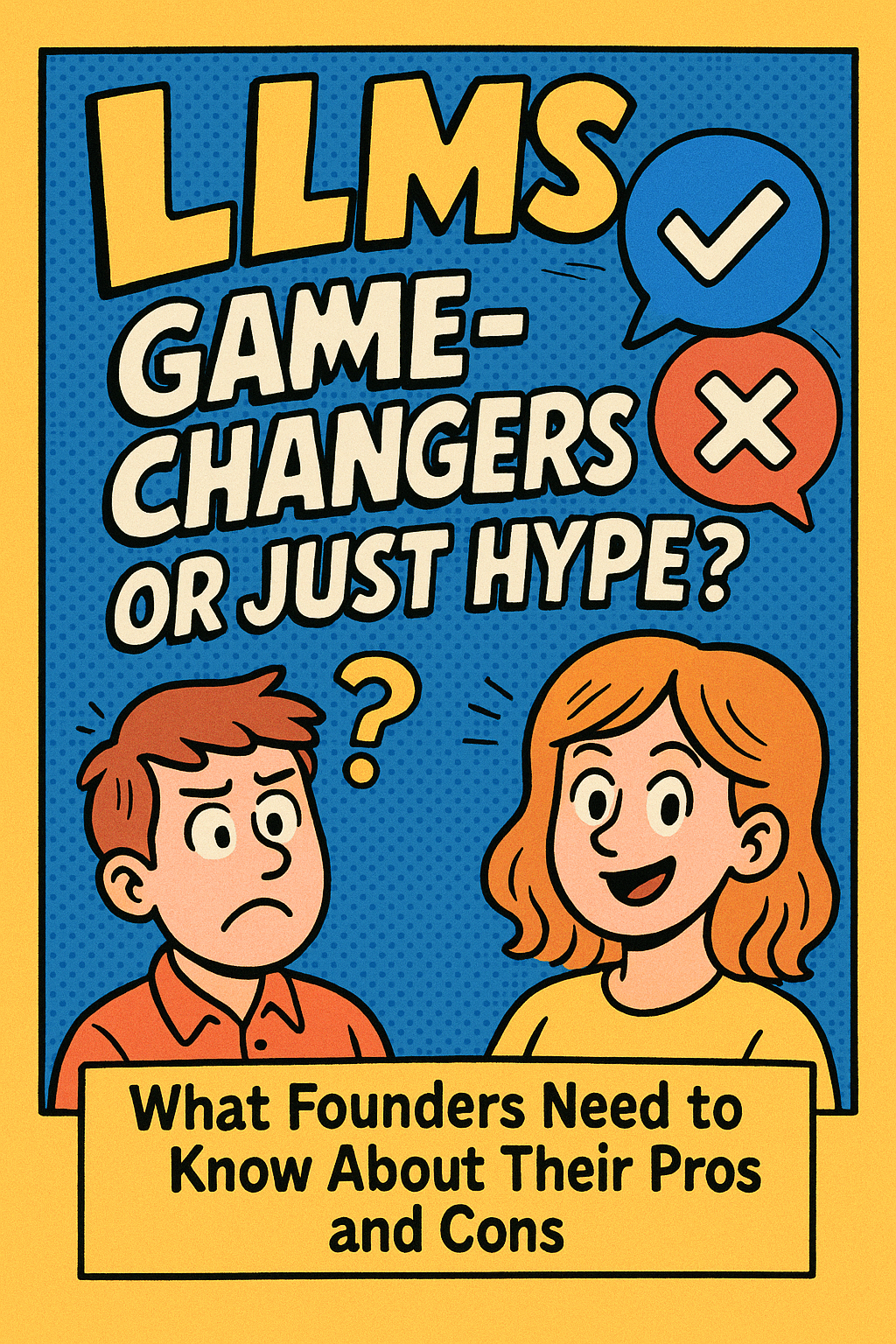
LLMs: Game-Changers or Just Hype? What Founders Need to Know About Their Pros and Cons
Large Language Models (LLMs) are everywhere, but are they truly revolutionary or just an overhyped trend? This article cuts through the noise, offering founders a balanced perspective on the real strengths and critical limitations of LLMs, and how to strategically leverage them for genuine impact.
Jul 25, 2025

PR Chat: A Practical Lever for Healthier, Faster Software Systems
Traditional asynchronous pull request reviews can slow down software development. This article introduces PR chat as a powerful solution, demonstrating how real-time conversations directly within the code review process can significantly accelerate review cycles, improve code quality, and boost team efficiency.
Jul 24, 2025
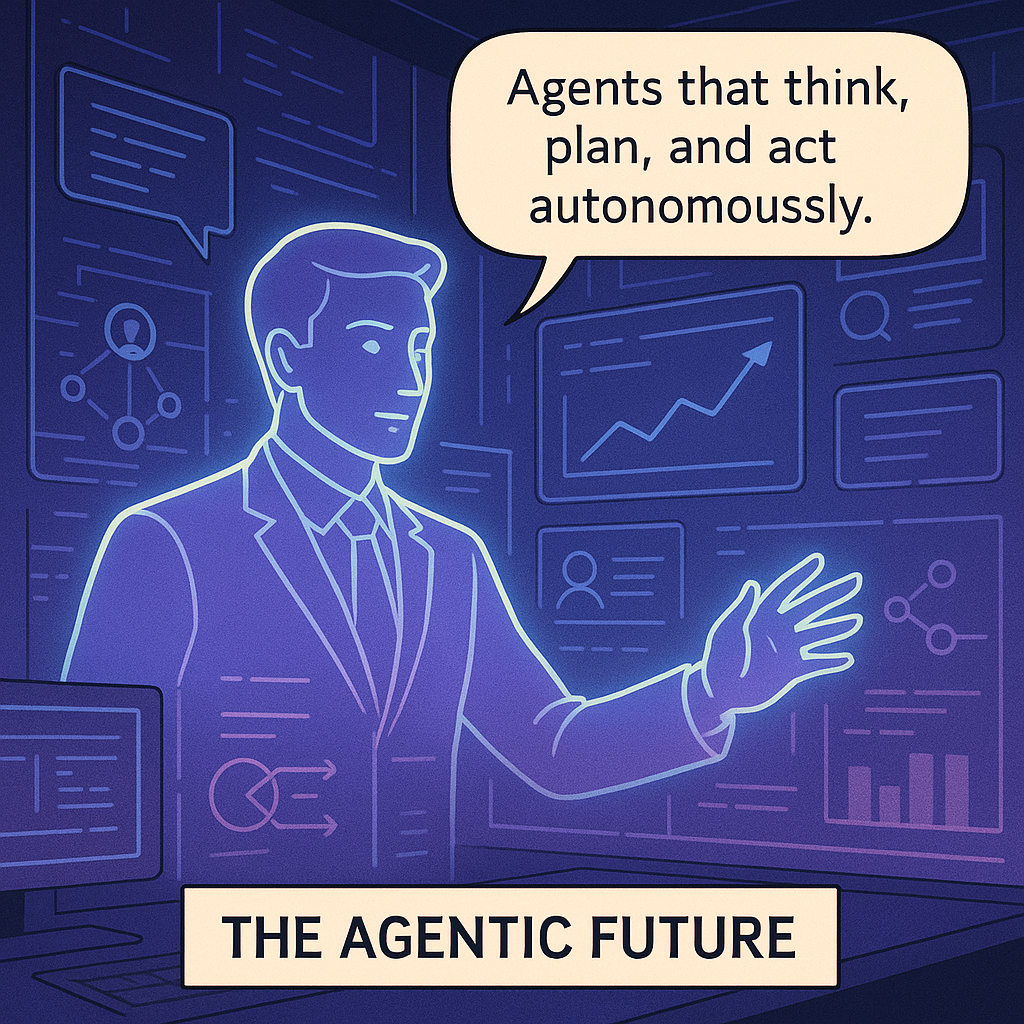
The Age of Agentic AI: The Next Leap in Intelligent Software Systems
We are entering a profound shift in artificial intelligence, moving from reactive systems to proactive, autonomous agents. This article delves into Agentic AI, its core distinctions from traditional AI, and how it's poised to redefine complex problem-solving, scalability, and the future of intelligent software.
Jul 22, 2025
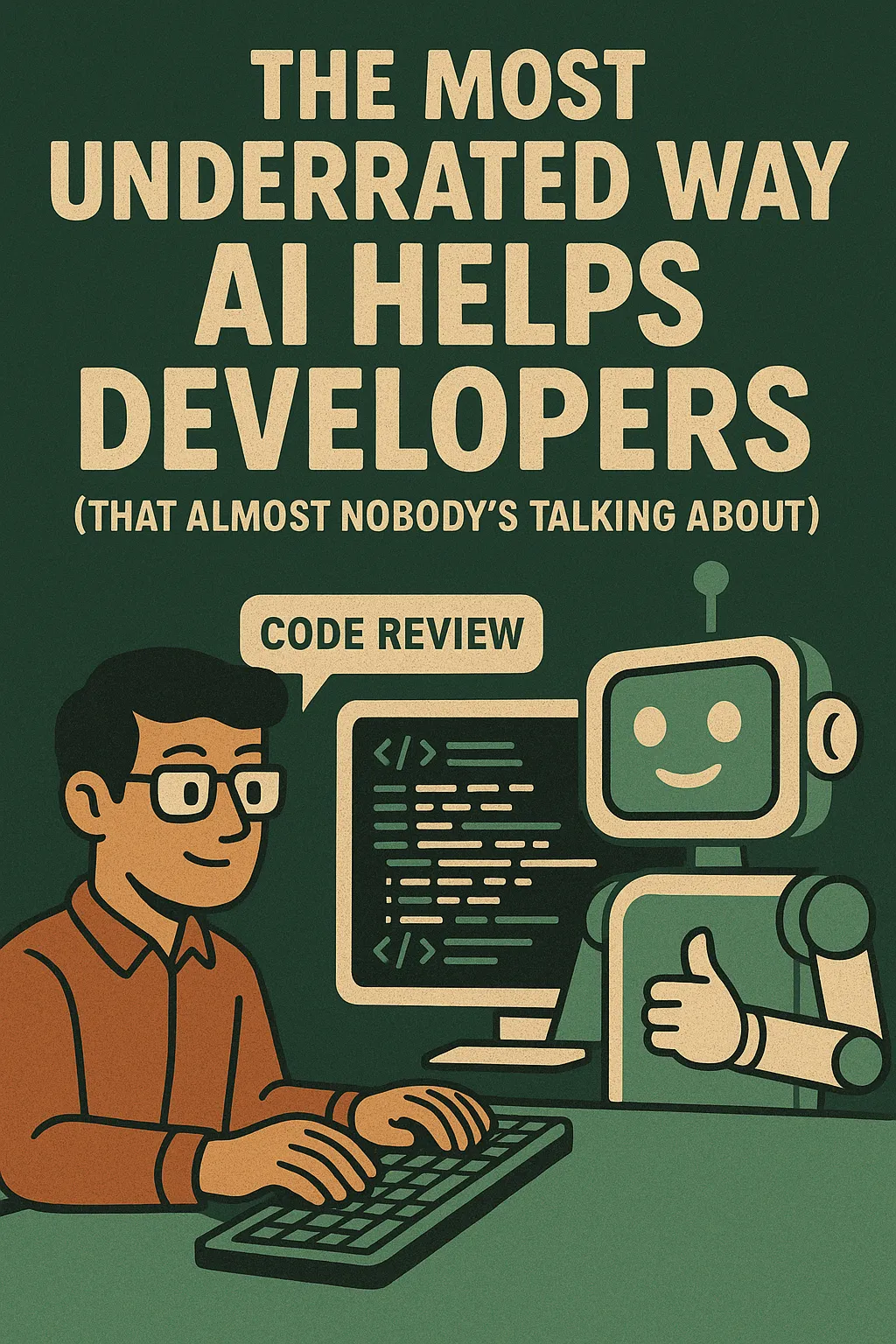
The Most Underrated Way AI Helps Developers (That Almost Nobody’s Talking About)
When people talk about AI in software development, the spotlight usually falls on features like code autocompletion or automatic bug detection. Those are great, but there’s an even more powerful — and far less hyped — use case quietly reshaping how developers work: **continuous, context-aware AI-powered code reviews.**
Jul 21, 2025
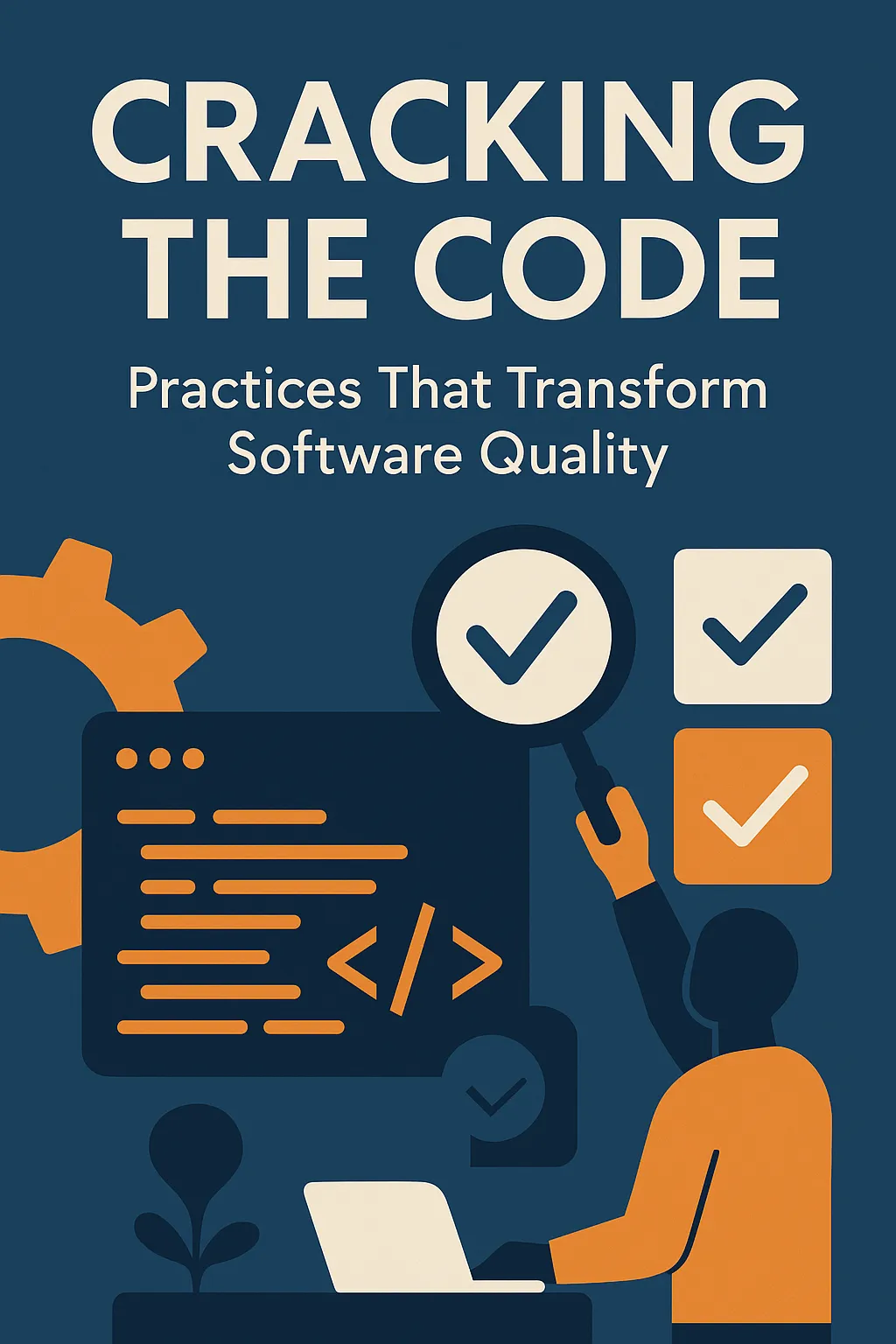
Cracking the Code: Practices That Transform Software Quality
Maintaining high code quality is an ongoing process that impacts productivity and reliability. This article reveals often-overlooked practices and the role of next-gen AI tools like Panto AI in achieving elite software quality.
Jul 16, 2025

How Software Composition Analysis (SCA) Empowers Developers to Discover Vulnerabilities Early
In today’s fast-paced software development landscape, security is a top priority. Modern applications often rely on a complex web of open-source and third-party components, making it increasingly challenging to ensure code safety. This is where Software Composition Analysis (SCA) becomes invaluable for developers aiming to identify vulnerabilities before they reach production.
Jul 14, 2025